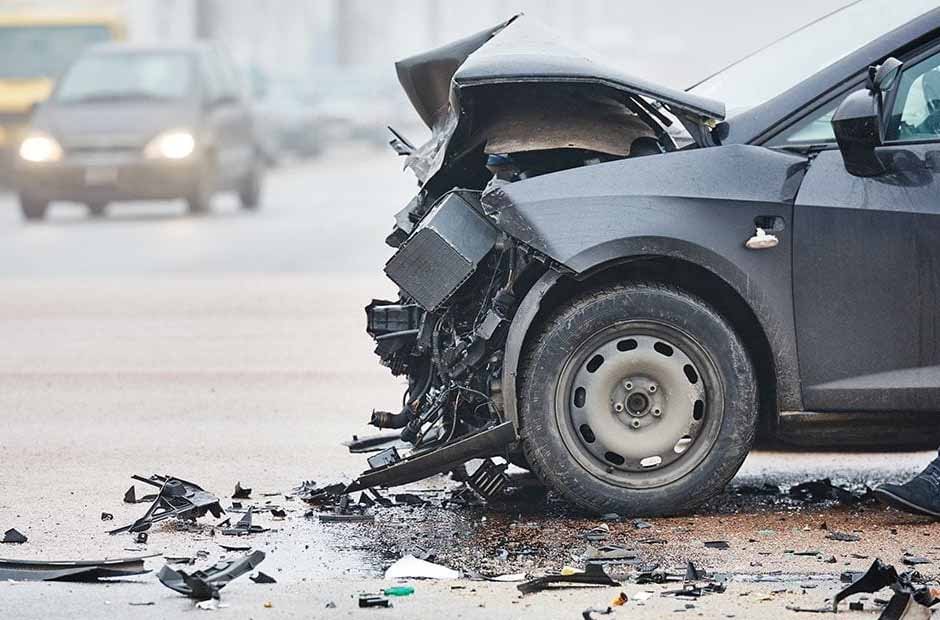Car accidents can be shocking and leave you feeling disoriented and stressed. In the midst of all this, it’s important to remember that what you do next can significantly impact your ability to get compensation and protect your rights. Knowing what steps to take (and what to avoid) is crucial for navigating the legal side of a car accident. Consider these five essential points:
1. Prioritize Safety First
The aftermath of a car accident can be a whirlwind. The priority is always everyone’s safety. Examine yourself and all parties involved for any injuries, and if needed, promptly summon medical assistance. If it’s safe to do so, try to move your car and any others involved out of traffic to avoid further accidents.
Even in minor fender-benders where everyone seems okay, take a moment to document the scene. Snap photos of the vehicles, any damage, and the surrounding area. These pictures can be crucial evidence down the road, whether you’re dealing with insurance claims or unexpected legal issues.
2. Avoid Admitting Fault
Immediately following an accident, it’s instinctive to feel inclined to offer apologies or assume accountability. However, expressing remorse, like saying “I’m sorry,” can be misconstrued as an admission of fault later on.
Focus instead on collecting important information from everyone involved, such as names, contact details, insurance companies, and vehicle registration numbers. When communicating with law enforcement and your insurance provider, focus on presenting the factual account of the accident without speculating on its sequence or details. Determining fault lies with the authorities and insurance adjusters, not you.
3. Seek Legal Counsel
In the aftermath of an accident, even if things seem clear-cut, talking to a personal injury lawyer is a smart move. A good lawyer can be a real guidepost, explaining your legal rights, what kind of compensation you might be eligible for, and how to navigate the legal system’s twists and turns.
They can also take on the often-frustrating task of dealing with insurance companies and fighting to get you what you deserve, including money for medical bills, lost wages, and pain and suffering. Insurance companies are known to try and lowball you, so having a lawyer by your side helps even the odds and protects your best interests. By taking this proactive step, you’ll gain peace of mind and clarity during what can be a very stressful time.
4. Timely Reporting is Essential
After being involved in a car accident, promptly filing a detailed NJ crash report with the authorities can ensure that the incident is properly documented, safeguarding your legal rights and aiding in the subsequent insurance claim process. Reporting car accidents may entail critical time limits, contingent upon your place of residence. Missing these windows for informing the authorities or your insurance company might hinder your ability to get compensated later.
Even if the damage initially seems minor or you feel okay, some injuries and car problems can take time to surface. Reporting the accident and getting checked by a doctor right away creates a clear record, which can be very helpful if you need to make a claim. Acting quickly helps safeguard evidence and your legal rights, making it essential to act as soon as possible.
5. Preserve Crucial Evidence
In the wake of a car accident, the clarity of memories and the ease of gathering evidence can deteriorate as time goes by. To strengthen your position, it’s crucial to secure as much documentation as possible. This includes keeping copies of all medical bills, repair estimates, and any communication with insurance companies or other parties involved.
If you’re ever involved in an incident, speaking with bystanders who witnessed what happened can be very helpful. Their firsthand observations can significantly strengthen the accuracy of your own account of the events.
Additionally, hold off on repairing or discarding your damaged vehicle until it’s been meticulously inspected and documented by your insurance company or lawyer. By diligently preserving evidence, you’re building a solid foundation for your claim, significantly increasing your chances of receiving fair compensation for the damages you’ve incurred.
Conclusion
The legal side of a car accident can be overwhelming, but with some knowledge and perseverance, you can manage it effectively. By adhering to these guidelines, you’ll enhance your ability to safeguard your legal rights, secure equitable compensation for your losses, and prioritize your recovery without undue strain or uncertainty. It’s important to recognize that you’re not alone in this process; seeking counsel from a reputable attorney who will advocate on your behalf is essential.
















